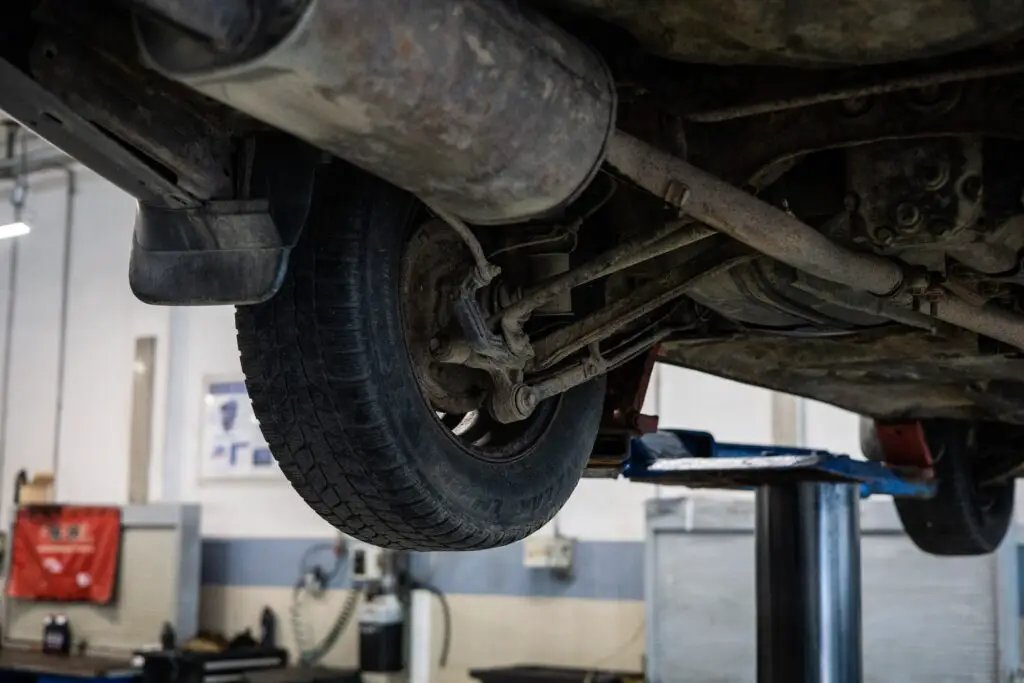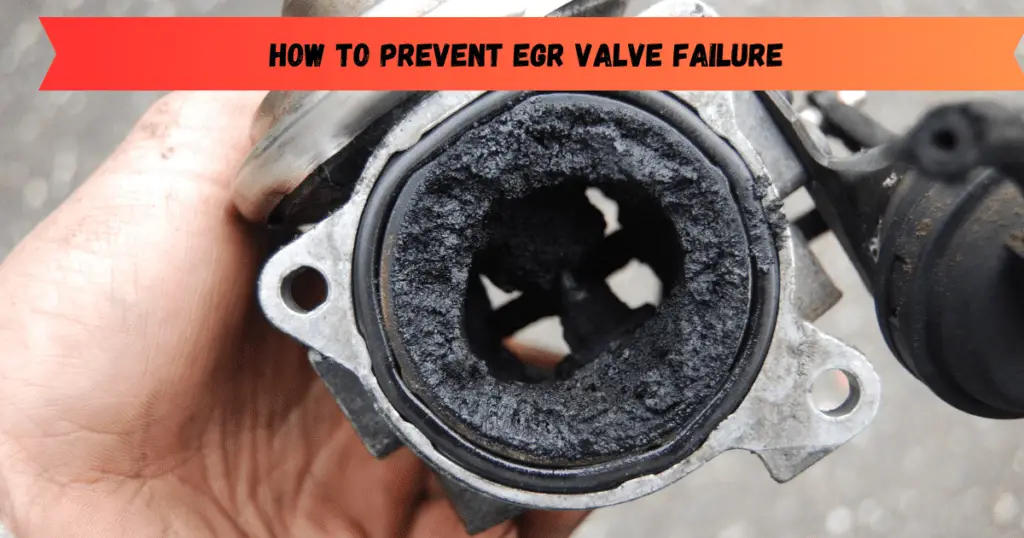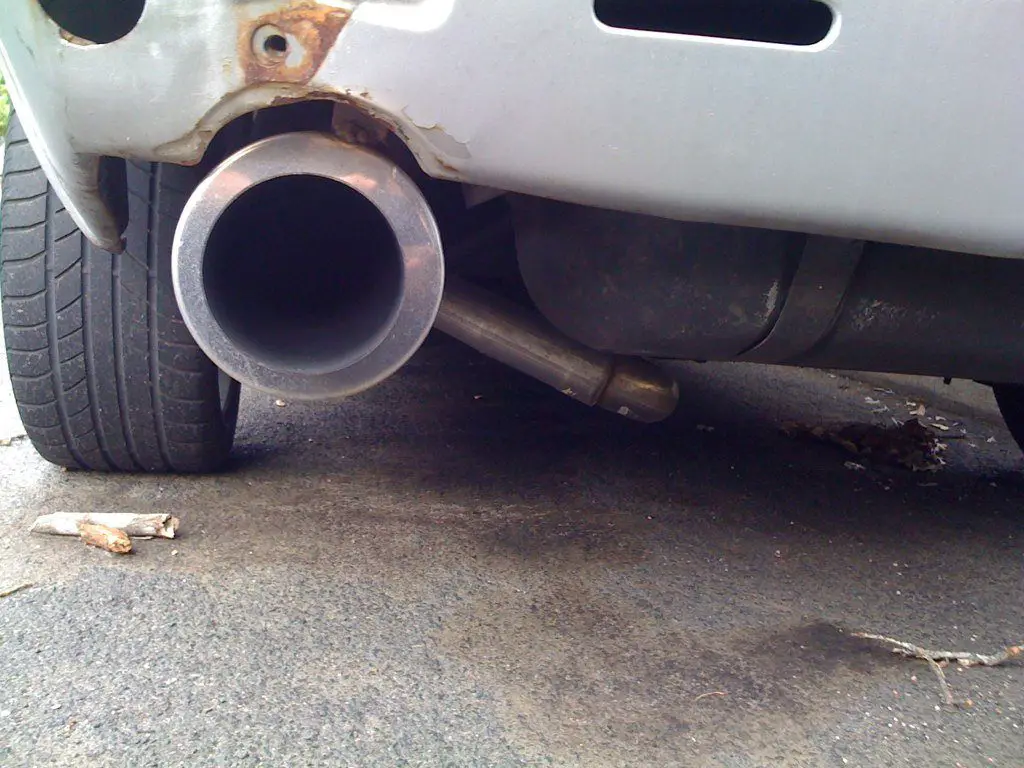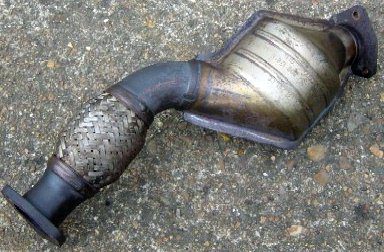Experiencing an engine misfire can be concerning, leaving you wondering what could be the cause. A common question that arises is whether the catalytic converter could be the reason behind the misfiring engine. The catalytic converter plays a crucial role in reducing harmful emissions from the exhaust, so it’s understandable to suspect it may be involved when engine performance suffers.
In this comprehensive guide, we’ll explore the connection between catalytic converters and engine misfires. We’ll cover:
- Whether a faulty catalytic converter can cause a misfire
- Other problems a bad catalytic converter can create
- What typically leads to catalytic converter failure
- Driving with a misfire – good idea or bad?
- Other potential reasons for engine misfire
- If misfires can damage the catalytic converter
- FAQs on catalytic converters and misfires
Let’s get started!
Can a Catalytic Converter Cause Engine Misfire
The short answer is yes, a malfunctioning catalytic converter can be a contributor to engine misfires. However, it’s rarely the sole cause of the misfiring on its own.
To understand why, let’s first look at what the catalytic converter does. This emissions control device is located in the exhaust system. It contains a honeycomb-shaped structure coated with precious metal catalysts like platinum, palladium, and rhodium.
As exhaust gases pass through, the catalysts facilitate chemical reactions that convert harmful compounds like carbon monoxide, nitrogen oxides, and hydrocarbons into less toxic substances like carbon dioxide, nitrogen, and water vapor. This helps reduce air pollution from vehicle emissions.
For the catalytic converter to work properly, the engine must be burning fuel efficiently and producing exhaust within a certain range of air-fuel ratios. A perfectly balanced air-fuel mixture produces ideal combustion. But when something disrupts this balance, such as a faulty oxygen sensor or leaking intake manifold, it can send too much or too little fuel into the combustion chamber.
This improper air-fuel mixture can generate higher levels of unburnt fuel and emission gases. When excessive unburnt fuel hits the catalytic converter, it can overheat and damage the catalysts. The accumulating deposits can then restrict exhaust flow, causing back pressure to build up.
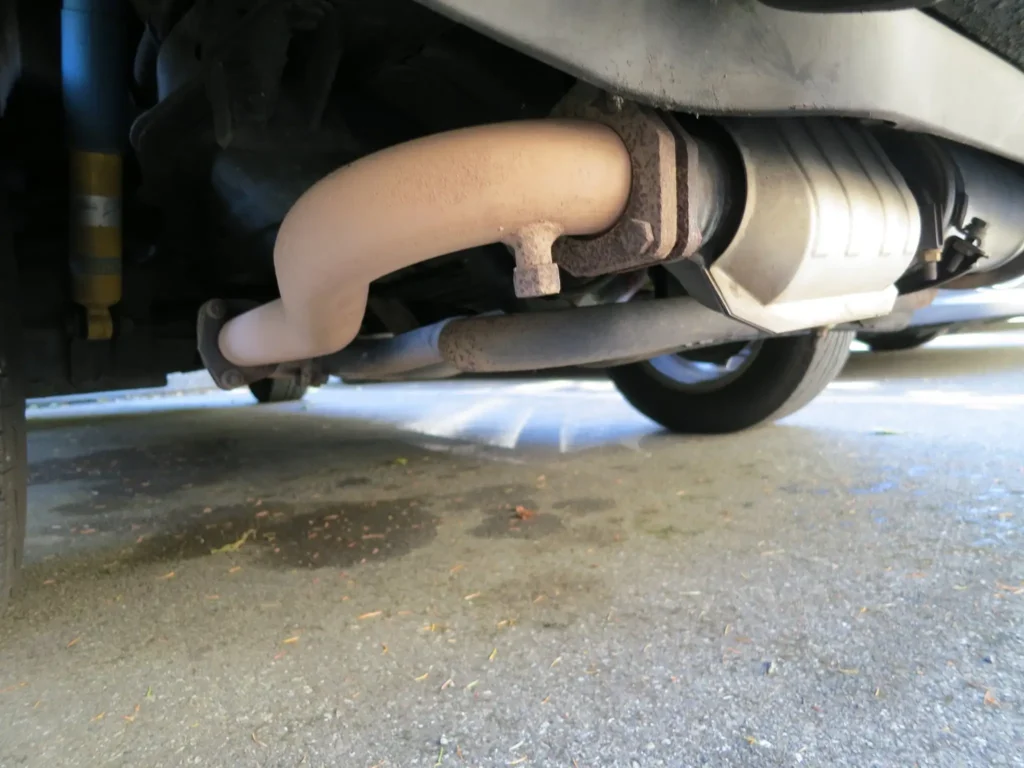
This increased backpressure prevents efficient exhaust output and can force gases back into the cylinder. The disrupted cylinder firing creates an engine misfire.
So in summary, while a malfunctioning catalytic converter can potentially cause a misfire, the root problem is usually an issue with fuel mixture and combustion – which then damages the converter. Replacing the converter without fixing the underlying issues will likely lead to repeat failure.
What Problems Can a Bad Catalytic Converter Cause?
A compromised catalytic converter can create a ripple effect of performance issues and symptoms:
- Reduced engine power – Exhaust flow restriction from a clogged converter limits the engine’s output. Acceleration and pulling power will suffer.
- Poor fuel efficiency – Increased backpressure forces the engine to work harder, burning more fuel to produce equivalent output. Mileage decreases significantly.
- Misfires – As discussed above, excessive backpressure can force gases back into cylinders, disrupting the firing sequence and creating misfires.
- Rough idle – Lower exhaust flow can cause unstable idling as combustion efficiency suffers. The engine may vibrate or shudder at stops.
- Foul exhaust smell – Unburnt fuels and emission gases escaping from a damaged catalytic converter have a rotten egg odor from hydrogen sulfide.
- Illuminated check engine light – Fault codes related to converter efficiency, oxygen sensor readings, or emission levels will activate the check engine light.
- Failed emissions test – Damaged catalysts cannot properly process exhaust gases, causing emissions to exceed legal limits.
- Engine overheating – Exhaust restrictions force more heat back into the engine, potentially leading to overheating.
A bad catalytic converter can create an array of drivability and engine issues that only worsen over time. Diagnosing and addressing the problem early is crucial.
What Typically Causes Catalytic Converter Failure?
Catalytic converters can become damaged in several ways:
- Contaminated fuel – Low-quality or improper fuel introduces catalyst poisons like lead, sulfur, and carbon into the converter. They coat the catalyst surface and inhibit its function.
- Prolonged oil burning – Internal engine leaks or worn rings/cylinders allow oil to be burned in the combustion chamber and exhausted into the converter. The oil residues clog and deactivate the catalyst material.
- Failed oxygen sensors – Malfunctioning upstream or downstream oxygen sensors provide inaccurate data to the engine computer, leading to improper fuel trim and combustion. The resulting exhaust damages the converter.
- Ignition system faults – Issues like bad plugs, wires, or coils cause misfires that send raw fuel into the exhaust. The unburnt hydrocarbons can overload and overheat the converter.
- Engine coolant leak – Leaked coolant that reaches the combustion chamber is vaporized and exhausted as silicon dioxide, which can coat and disable the catalytic converter.
- Physical damage – Road debris hits, chemical cleaners, and even engine backfires can damage the structural integrity and internals of the converter.
So while catalytic converters are designed to last many thousands of miles, underlying problems with engine operation, maintenance, and components are usually the root causes of their failure.
Can You Safely Drive With an Engine Misfire?
It’s not advisable to continue driving with an active engine misfire, even if it’s intermittent. Here are some key reasons why:
- Performance loss – Misfires sharply reduce engine power output. The vehicle may have difficulty maintaining speed, accelerating, and climbing hills.
- Stalling risks – An engine that’s misfiring is more likely to stall out completely, which could be dangerous in traffic situations.
- Further damage – Misfired cylinders or unburnt fuels can overheat catalytic converters and potentially cause internal engine damage over time.
- Safety hazards – The vehicle may exhibit sudden jerking motions or wide swings in engine speed due to misfires. This affects drivability and control.
- Increased emissions – Misfires allow more unburnt fuel and emissions to escape from the tailpipe, increasing air pollution.
The best course of action is to have the vehicle serviced promptly when an engine misfire is detected. Technicians can diagnose the exact cause and rectify it. Continuing to drive with misfires risks exacerbating catalytic converter and engine damage.
Other Potential Causes of Engine Misfires
While a damaged catalytic converter can be one contributor to engine misfires, many other issues can also be at fault, including:
- Faulty spark plugs – Fouled, corroded, or worn spark plugs prevent proper ignition spark. This leaves cylinders unlit.
- Defective ignition coils – Cracked or damaged ignition coils cannot deliver consistent spark energy to the spark plugs.
- Issues in the fuel system – Weak fuel pump, clogged injectors, contaminants in fuel lines, carburetor defects, and more affect fuel burn.
- Vacuum leaks – Intake manifold or line leaks allow unmetered air into cylinders. This alters the air-fuel ratios.
- Low compression – Compression leaks from worn piston rings, leaking valves, or cylinder head gasket issues reduce combustion efficiency.
- Timing chain or belt issues – Jumped timing or stretched chains/belts throw off the valve and ignition timing, hampering cylinder firing.
- Mass airflow sensor problems – A defective mass airflow sensor provides inaccurate intake air data to the computer, disrupting fuel delivery calculations.
- Computer faults – Malfunctioning engine control modules or crank/camshaft sensors provide wrong inputs to engine systems, leading to misfires.
Proper diagnostic testing is needed to pinpoint the exact reason for any engine misfiring. This will determine if the catalytic converter is involved, or if the root problem lies elsewhere.
Can an Engine Misfire Damage the Catalytic Converter?
The reverse is also true – engine misfires generated from other issues can potentially damage the catalytic converter. Here’s how:
- Unburnt fuel from misfiring cylinders gets exhausted and can overheat the converter, especially if misfires are chronic.
- Misfires enhance exhaust contamination with fuel residues and hydrocarbon emissions that coat and poison the catalyst material.
- Severe or complete misfires can produce high temperatures that physically melt and destroy the converter’s honeycomb structure.
- Prolonged misfires allow raw hydrocarbon and carbon monoxide emissions to pass through the compromised catalyst, failing emissions tests.
So not only can converter damage cause misfires, but any existing engine misfires from other problems will further degrade converter operation and lifespan. Comprehensive diagnosis and repair of all issues are needed to restore optimal engine performance and emissions control.
Frequently Asked Questions
Does a bad catalytic converter affect engine performance?
Yes, a faulty catalytic converter that is clogged or restricted affects engine performance and efficiency. The increased backpressure impedes exhaust outflow, causing reduced power, poor acceleration, misfires, and stalling.
Why does my car misfire when accelerating?
Acceleration requires increased fuel to generate more power. If there are issues with fuel delivery, ignition, or exhaust flow, the engine may misfire under the heavier load of accelerating. Acceleration magnifies underlying problems.
Can a catalytic converter unclog itself?
No, a blocked catalytic converter does not clear itself. The honeycomb is permanently damaged. The converter needs professional cleaning or replacement to restore proper exhaust flow and function.
How long can you drive with a misfiring engine?
It’s best not to drive with a known engine misfire, even briefly. The added stresses and reduced combustion can quickly worsen any existing issues. Have the specific cause diagnosed and repaired promptly.
Does excessive oil consumption clog catalytic converters?
Yes, oil that makes its way into the combustion chamber from worn engine internals will get exhausted into the converter. The oil contaminants can coat and disable the catalyst material, leading to clogging.
Can a bad mass airflow sensor cause a misfire?
It’s possible. An inaccurate air intake reading from a faulty mass airflow sensor disrupts the calculated air-fuel ratios. This can create a too-rich or too-lean fuel mixture that causes misfires.
Conclusion
While a damaged catalytic converter can potentially contribute to engine misfire issues, the root causes often lie with other underlying problems that led to converter failure in the first place. Faulty oxygen sensors, ignition components, intake leaks, timing chains, worn cylinders, and contaminated fuels are more likely to be at the root of both converter damage and misfires.
Comprehensive diagnosis and repair of ALL issues by qualified technicians is key to restoring proper engine performance and emissions control. Replacing just the converter without addressing other faults will simply result in repeat failure. Prompt and thorough repairs also ensure you can drive safely and avoid further internal engine damage from prolonged misfires.

